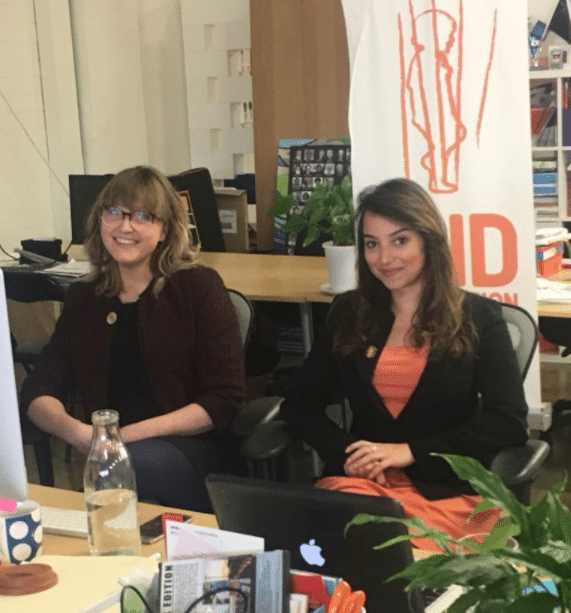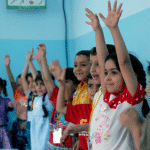NextGen Index Tracks State Progress on Child Detention – Now Launched!
We are very excited to announce that the NextGen Index is now officially launched!
The new Global NextGen index ranks how 20 countries treat their migrant children, holding governments accountable to their obligations and supporting them to fulfil their commitments.
A video of the launch webinar is available for viewing here:
NextGen Index Launch Webinar from End Child Detention on Vimeo.
Featuring amazing panelists representing country committees around the globe, and moderated by Leeanne Torpey, Coordinator of the Global Campaign, the webinar shared how countries were scored, important findings, and national advocacy strategies moving forward, featuring:
- Mariane Quintao, Brazil NextGen Committee
- Chando Mapoma and Caphas Njobvu , Zambia NextGen Committee
- Laetitia Van der Vennet, Belgium NextGen Committee
See what folks are saying on twitter about the launch event here.
The results of the Index show that it is possible to protect the liberty of the next generation, but it requires action today.
The Global NextGen Index uses a comprehensive framework to assess the use of child immigration detention, assign a score and determine a global ranking.
The index found dramatic variations in how States treat migrant children, with some avoiding detention and others causing irreparable harm.
NextGen Committee member, Ms. Roula Hamati, highlighted practices she has seen in Lebanon: “Children have been detained in underground facilities with adults, where 20 persons would share the same cell, with no access to air, sun or running water. This is no place for a child.”
It is shown that even short periods of detention seriously harm children’s psychological and physical well-being – the impacts can last a lifetime.
“It doesn’t have to be this way – sustainable and meaningful change must be led by our governments, and this index provides informed examples of how change is possible.”
Global Campaign Coordinator, Leeanne Torpey, says “It doesn’t have to be this way – sustainable and meaningful change must be led by our governments, and this index provides informed examples of how change is possible.”

Campaign Coordinator, Leeanne Torpey, and Youth Ambassador, Mariane Quintao, broadcasting the launch of the NextGen Index
The NextGen Index highlights positive practices, with Brazil and Ireland topping the index performance. The index also calls out countries whose practices need urgent improvement.
Countries that performed well are Brazil, Ireland, Switzerland, Italy and Spain. Brazil in particular has the relevant treaties, policies and processes in place to protect children’s right to liberty, achieving nearly full marks. NextGen Committee Member, Ms. Mariane Quintao, outlined why Brazil scored so well. “Brazil allows all families with children to live in the community without conditions while protection or migration claims are being assessed. It’s a refreshing approach to migration – one that we hope we can see more of.” Ms. Quintao knows the cost of children being detained from her own personal experience – she was detained in the United States at age 17, and deported to Brazil where her mother, father and sister no longer lived.
“Brazil allows all families with children to live in the community without conditions while protection or migration claims are being assessed. It’s a refreshing approach to migration – one that we hope we can see more of.
191 States have already committed to take a human rights based approach to any detention of migrants by working to end child immigration detention in the UN Global Compact for Safe, Orderly and Regular Migration. The NextGen Index is released as the Global Compact will soon be entering the implementation phase, where governments are required to report back and work on their promises. “The NextGen index provides an opportunity to engage governments in a deeper dialogue about child rights and encourage them to act. We are providing a pathway to protect the rights and liberty of the next generation” said Ms. Quintao.


